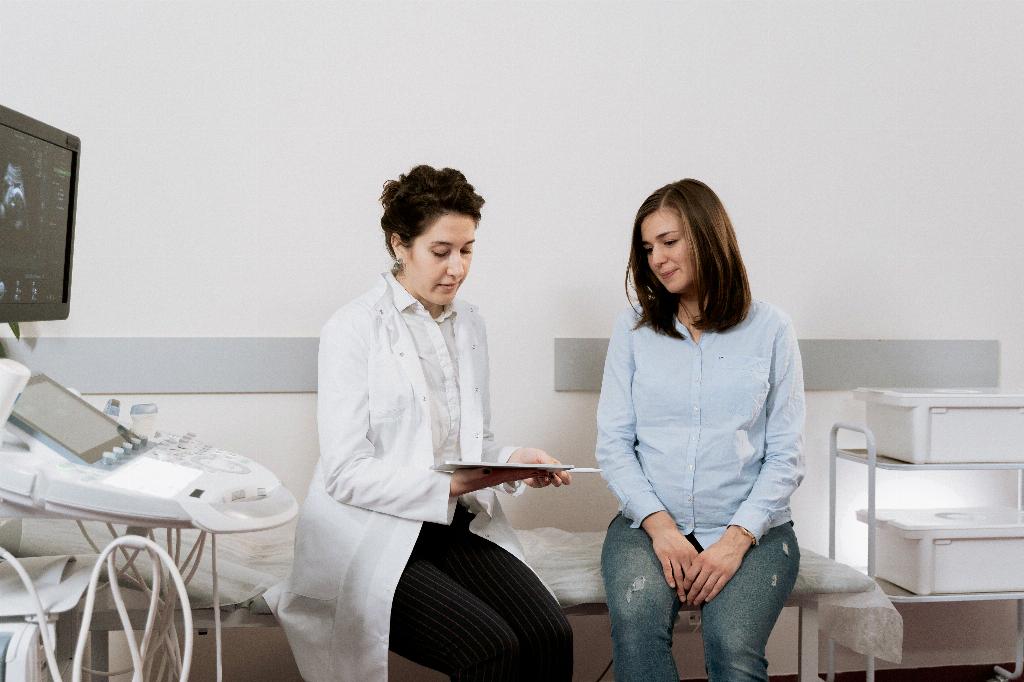During pregnancy, expectant mothers may be required to undergo various tests to ensure the health and well-being of their baby. One such test is the stress test, also known as a contraction stress test. This test is designed to assess how the baby’s heart rate responds to contractions during labor.
Typically, a stress test involves monitoring the baby’s heart rate before, during, and after contractions to evaluate its response. A positive stress test result indicates that there are concerns about how the baby’s heart rate behaves during contractions.
When a stress test result is deemed positive, it means that the baby’s heart rate slows down and remains slow after a contraction occurs. This prolonged deceleration of the heart rate can be a cause for concern, as it may indicate that the baby is experiencing distress during labor.
It is important to note that a positive stress test pregnancy does not necessarily indicate a serious problem. It serves as an indication for further monitoring and evaluation to ensure the safety of both the mother and the baby.
Factors such as maternal health, gestational age, and the overall well-being of the baby play a crucial role in interpreting the results of a stress test. It is essential for healthcare providers to consider all these factors before making any decisions based on a positive stress test result.
During a positive stress test pregnancy, healthcare professionals may recommend additional tests or interventions to assess the situation further. These may include continuous fetal monitoring, ultrasound examinations, or other diagnostic procedures to gather more information about the baby’s condition.
It is common for expectant mothers to feel anxious or worried upon receiving a positive stress test result. However, it is essential to stay calm and trust the expertise of healthcare providers who will guide you through the next steps and provide the necessary support and care.
Remember that a positive stress test result is not a definitive diagnosis of a problem but rather an indication that further attention is required. It is crucial to maintain open communication with your healthcare team and ask any questions or seek clarification regarding the test results and their implications.
Ultimately, the goal of a stress test during pregnancy is to ensure the safety and well-being of both the mother and the baby. By following the recommendations and guidance of healthcare professionals, you can take proactive steps to address any issues that may arise during the pregnancy and labor process.
Stay informed, stay connected, and trust in the expertise of your healthcare team to navigate through a positive stress test pregnancy with confidence and reassurance. Your health and the health of your baby are their top priorities, and together, you can work towards a safe and successful delivery.
Remember that every pregnancy is unique, and the interpretation of a positive stress test result may vary depending on individual circumstances. Trust in the process, stay informed, and rely on the support and guidance of your healthcare providers to make informed decisions regarding your pregnancy and childbirth journey.

